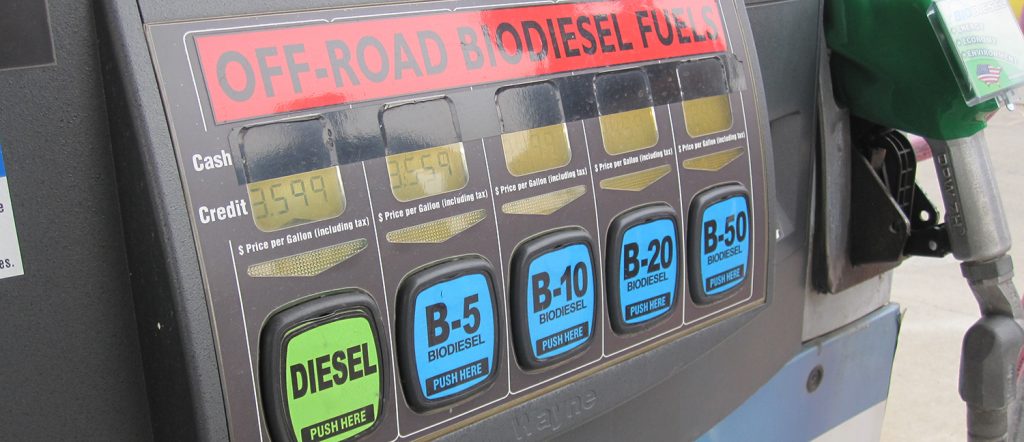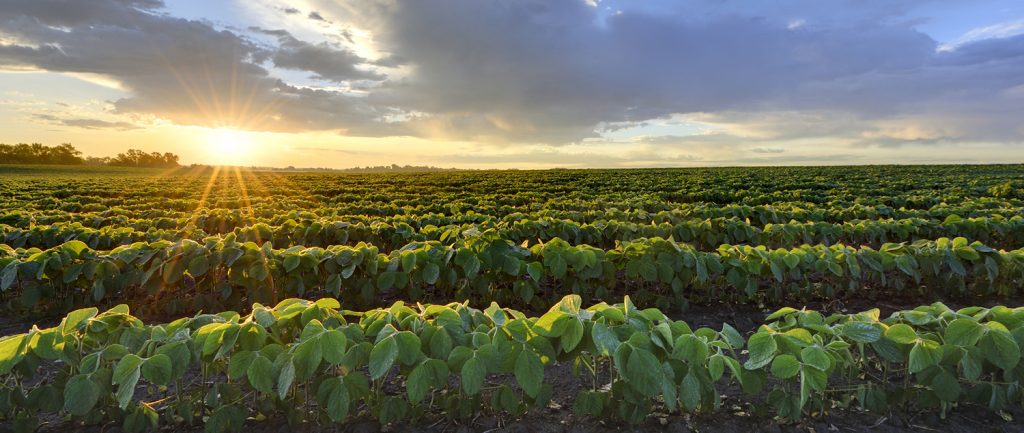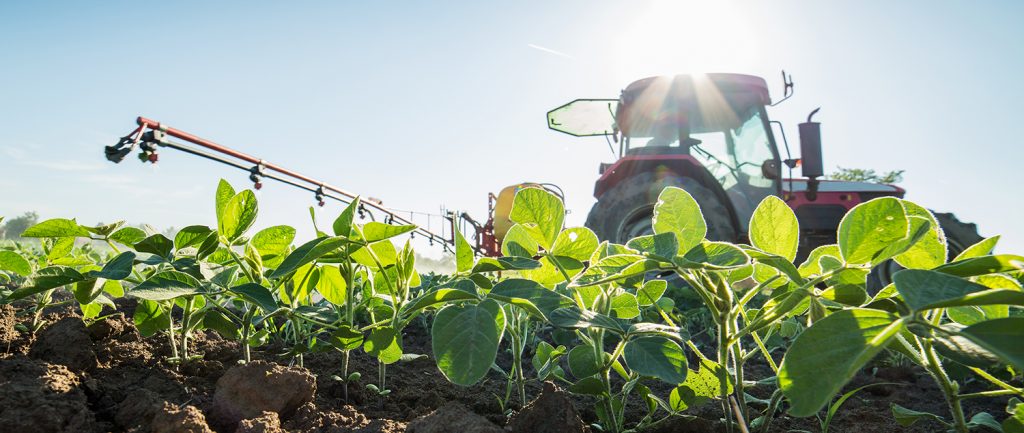Ditch mowing, soil loss regulations, N fertilizer rule also among MSGA priorities
As May 1, 2018 approaches, the build up to Minnesota’s final leg of the current biodiesel mandate could go in two very different directions, but there is cause to remain upbeat.
“I’m very confident that, come May 1, we’re going to make history in Minnesota with B20,” says Cory Bennett, a Minnesota Soybean Growers Association (MSGA) lobbyist.
The nation’s first biodiesel mandate, passed in 2002 to require a 2 percent biodiesel blend in diesel fuel, is nearing its latest milestone, moving to a 20 percent blend come May. But the mandate comes with potential roadblocks.
“How the statute was written, we are currently at the period of 10 percent biodiesel blend (B10) in the summer and 5 percent biodiesel blend (B5) during the winter months,” says Andrew (A.J.) Duerr, lobbyist for the Minnesota Biodiesel Council. “The last step in the statute is moving to B20 during the summer months. B20 is not a bill. It’s already in law.”
The move to B20 hardly happened overnight; it’s been in the works for a decade. In 2008, Minnesota passed the bill to move the biodiesel mandate from B2 to B5 in May of 2009, B10 in 2012 and B20 in 2015. In 2012, Gov. Mark Dayton delayed B10 until 2014, when it was implemented. But simultaneously, Minnesota was also sued over the mandate.
In September 2016, the District Court of Minnesota ruled in favor of the biodiesel mandate, clearing the way for B20 in 2018.
To be sure Minnesota was ready for the higher blend of biodiesel, the commissioners of Minnesota’s agriculture, pollution and commerce departments gave their seal of approval in August 2017 to continue the move to B20, saying all criteria, including infrastructure, has been met.
“We have the support of the Minnesota Department of Agriculture and the Governor’s office,” Duerr says. “They have said they are committed to moving forward to B20 on May 1. They are ready to go. But unfortunately, it’s not that easy.”
The potential roadblocks
Even though B20 is already in law, this doesn’t mean there won’t be opposition leading up to May 1.
“There are currently two bills that were proposed late last session but because it is the second year of the biennium, they are still alive,” Duerr says. “They have only been introduced in the House but we’re sure the petroleum industry will continue to try and advance these bills.”
The first bill, H. F. No. 2217, would delay B20 for an additional year and omit April from the summer months along with a few other modifications to the statute.
The second bill, H. F. No. 2614 would delay B20 for two years.
Both bills are supported by the petroleum industry.
“If either of these bills are passed before May 1, Minnesota would not move to B20,” Duerr says.
Bringing in the troops
The uncertainty demands farmers take a proactive stance versus reactive, says MSGA President Michael Petefish. With the finish line in sight, now is not the time for biodiesel proponents to rest on their laurels.
“We need to have constant contact with our legislators this session. We can’t sit and wait until things head down a bad path,” Petefish says. “As farmers, we need to let legislators know we oppose those two bills and are proud of our homegrown, renewable product. It’s time for soybean farmers to rally together and see this done.”
2018 Legislative look ahead
Minnesota’s 2018 legislative session, which convenes Feb. 20, is positioned to be one for the books.
“The dynamic of every legislative session is never the same,” says MSGA lobbyist Cory Bennett. “This session has a fair share of factors to make 2018 interesting.”
Bennett says a few factors affecting this next legislative session include:
- Late start to the session;
- $188 million deficit;
- Non-budget year;
- Election year, including the 134 House seats and governorship;
- Sexual harassment claims (resignation and special elections);
- And the Federal Tax Bill and its direct effect on Minnesota.
- “Everything the legislature needed to do, has been done,” Bennett says, referring to the biennium and work done in 2017. “Neither side wants to give an inch.”
Being just one month away from the start date, MSGA has established its overarching priorities for this session. Bennett says MSGA will be focusing on the following:
- Biodiesel
- Move to B20 begins May 1, 2018
- Ditch mowing
- Legislation likely to be introduced this session
- Nitrogen regulation
- Rule is expected to be completed by fall 2018
- Minnesota Pollution Control Agency water fees
- In the early stages of drafting regulation to increase water fees, especially affecting feedlots
- Rule will most likely not be complete by fall 2018
- Minnesota Board of Water and Soil Resources (BWSR) soil loss regulation
- BWSR is preparing to create new rules to regulate soil loss
- Dicamba and drift concerns
- Buffers
- Public ditch regulation will go into effect
- 1, 2018
- Public waters regulation took effect Nov. 1, 2017, unless granted an extension
- Taxes
- State tax code conformity with the recently signed Federal Tax Bill
- Farmer mental health
- Minnesota Department of Agriculture will be requesting funds for additional mental health professions if the state budget allows
- Healthcare premiums
- Act on additional opportunities to ease healthcare insurance premiums for those purchasing healthcare insurance on the individual market.
- Most action will be happening at the federal level
- Palmer amaranth concerns
- Noxious weed currently found in four Minnesota counties





